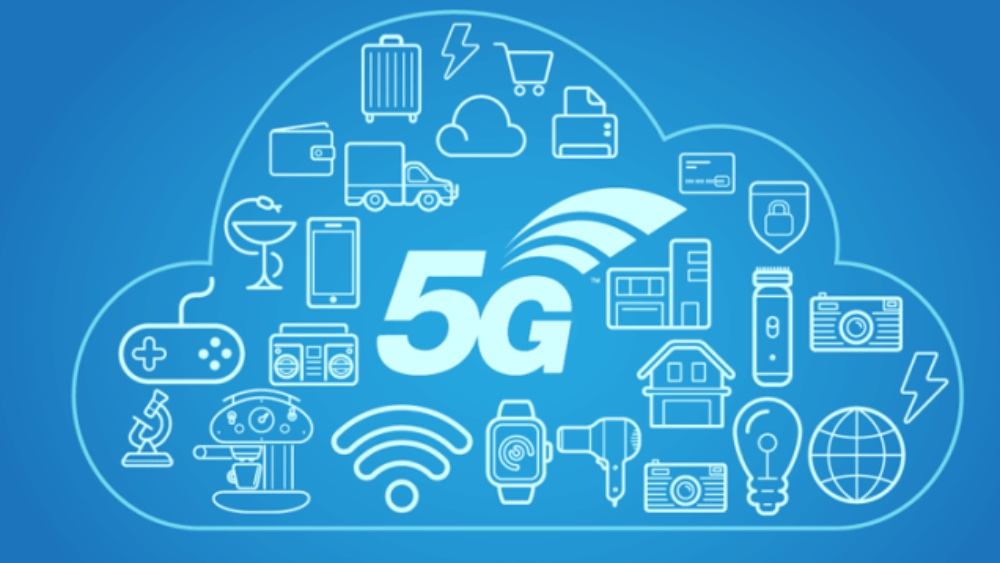Verizon wants to partner with Google or Apple to provide television when it launches the first “superfast” 5G service to homes in Los Angeles and Sacramento later this year, according to Bloomberg, quoting an unnamed “person familiar with the situation,” adding that “negotiations are ongoing and could still fall apart.”
But let’s assume they don’t, and that Apple wins. It could help the tech giant launch its long-rumored video streaming service. Using new fifth-generation wireless technology, Verizon plans to beam online services to home receivers, delivering speeds that match or exceed landline connections, according to Bloomberg. The company will eventually use 5G to sell consumers Internet and online TV packages to compete nationally against cable and landline services from Comcast and AT&T.

However, whomever partners with Verizon should beware. Bloomberg says a live-TV partnership might not be permanent. Verizon is opting for outside help until it gets “comfortable” with its own internet-based video service, Chief Financial Officer Matt Ellis said in May at an investor conference.
5G refers to a collection of tech that makes up the fifth generation of wireless communication. To make 5G a reality, companies are combinations things like millimeter wave radios that cover the 26GHz to 60GHz spectrum with other tech like Massive MIMO, which is the practice of jamming together 50 to 200 antennas on a single transmitter to offer better bandwidth and capacity. What are 5G’s benefits? Faster upload and download speeds that can exceed one gigabit per second, and latency as low as one millisecond.
Verizon plans to offer fixed 5G installations to people’s homes. According to Gizmodo, unlike mobile 5G, these connections would serve as household’s main broadband connection instead of a traditional cable or Fios modem. Such home installations would be running off the company’s 28GHz band using the older 5G TF spec.
At a closed-door meeting last November Verizon told Wall Street analysts that it plans to start small, with just five cities in 2018, but that it is ultimately targeting 25% to 30% of all broadband households, or about 30 million homes.
And, hey Verizon, before you concentrate too much on 5G, how about improving some of your cell phone service. Two months ago, I could get three bars at my house. Now I’m lucky to get one. What gives?
